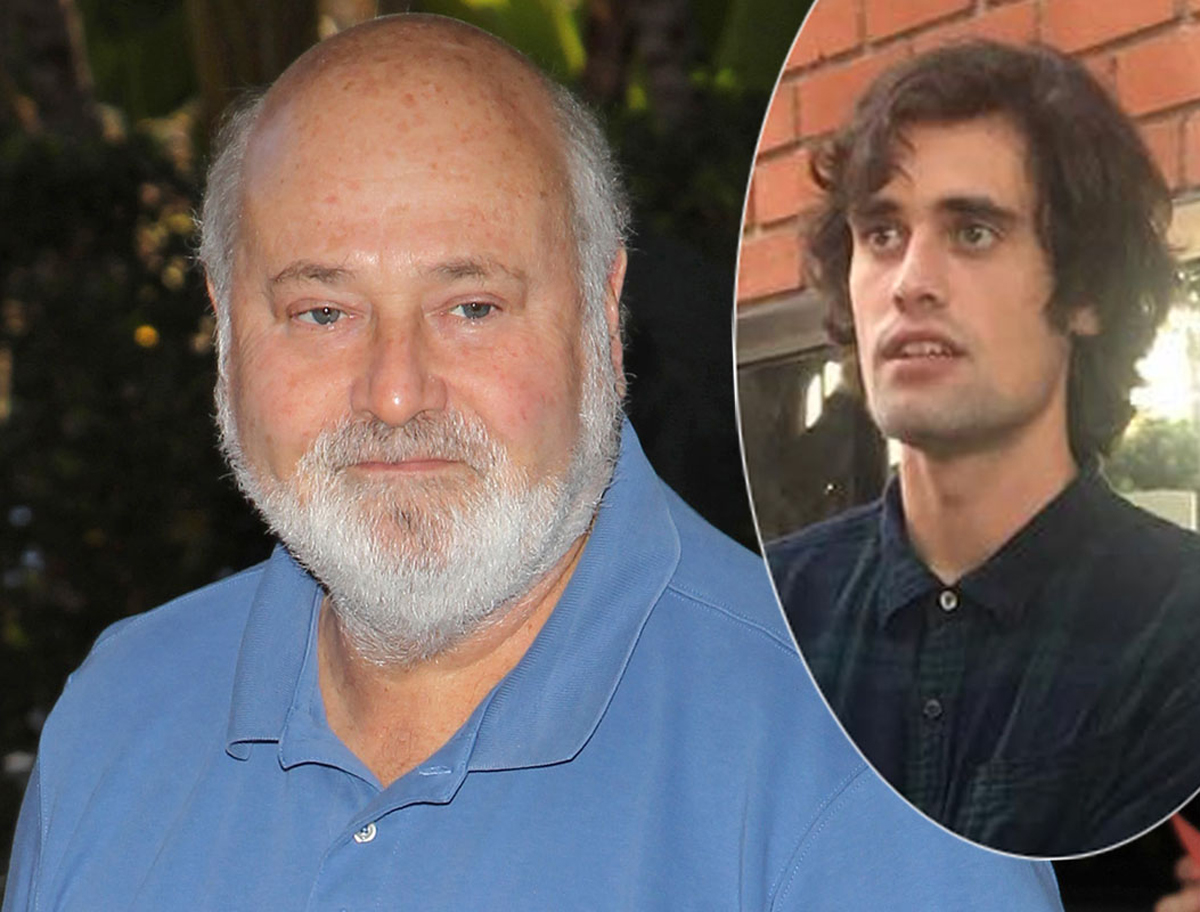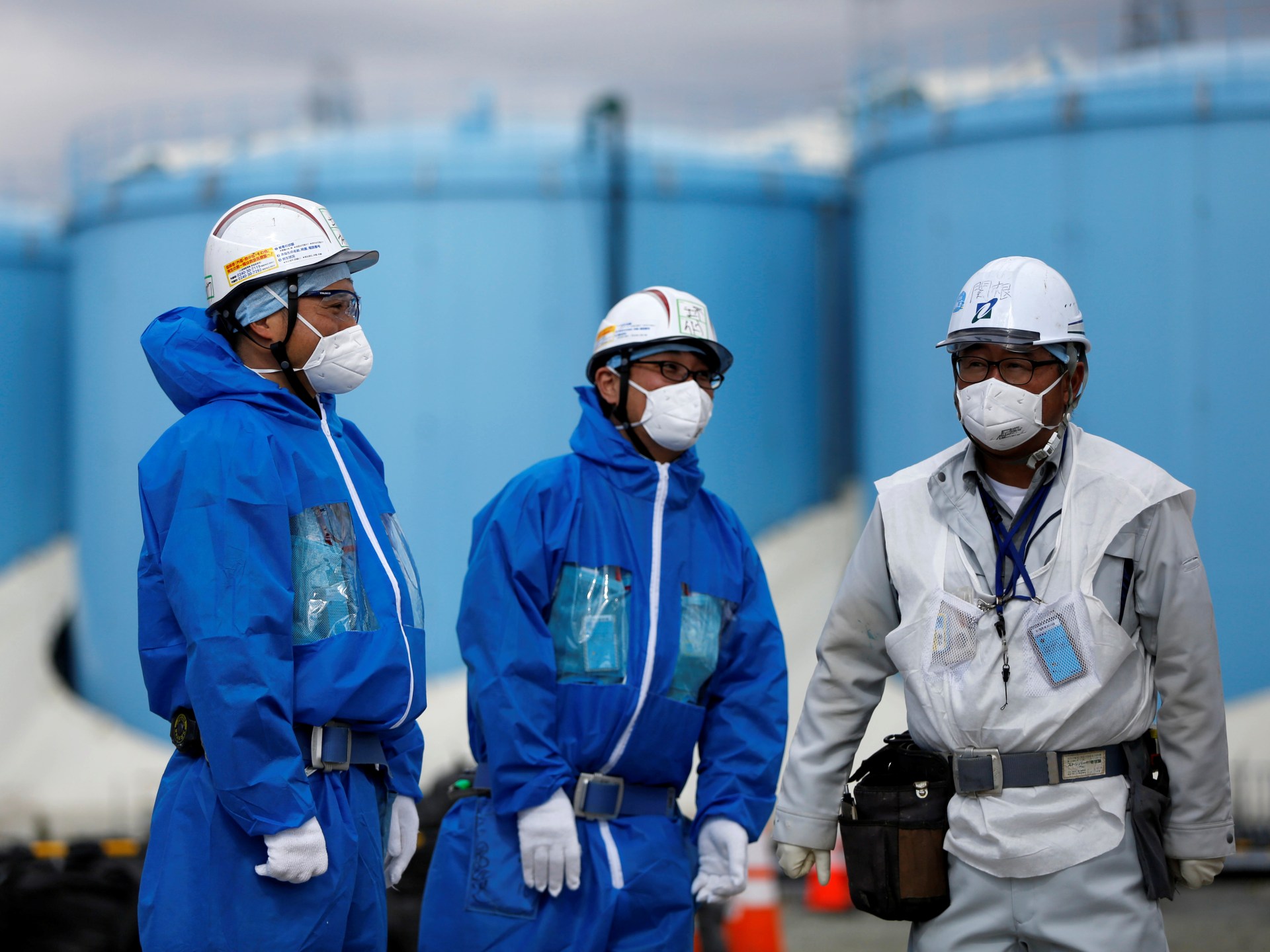In its second season, HBO’s stylish, steadily-paced show Perry Mason returns to take on a case with racism and conspiracy at its core.
HBO
Welcome to Previously On, a column that gives you the rundown on the latest TV. In this edition, Valerie Ettenhofer reviews the long-awaited second season of HBO’s Perry Mason.
Perry Mason keeps a pace all its own. While other prestigious HBO shows these days burn through their season-long runs with heart-stopping dragon rides, post-apocalyptic showdowns, and resort-set murder mysteries, Rolin Jones and Ron Fitzgerald’s 1930s-set noir rattles along with the slow and steady pace of an early automobile. The show’s eight-episode second season mirrors its first in some ways and expands upon it in others, resulting in a rich, subtle (sometimes perhaps too subtle) viewing experience that’s grounded by its hero’s dogged moral principles.
While the newest iteration of Perry Mason bears little resemblance to the famous radio show and CBS series of the same name, it possesses the same detective fiction-inspired soul as the Erle Stanley Gardner novels that were the character’s original origin. Mason (Matthew Rhys) is an attorney, not a detective, but he and his crackerjack team – led up here by assured second-in-command Delia (Juliet Rylance) and African-American investigator Paul (Chris Chalk) – take an endlessly inquisitive approach to their work. The first half of each of the two seasons to date follows the sussing out of the details of a crime for which Mason is defending a client, while the latter batch of episodes takes place during the course of the trial.
Perry Mason isn’t a shapeless show, but an oddly shaped one, the kind of slow-burn mystery that requires a level of viewer digestion that feels antithetical to today’s binge-watch economy. Luckily, in its sophomore season, the mystery in question is mostly engrossing enough to carry its runtime. While the show’s first season – which debuted during that hazy early pandemic era – wove a creepy tale involving a dead baby and a performative female preacher, its second goes full Chinatown. The season slowly bakes together layers of intrigue that may or may not involve new characters, including a father-son tycoon duo (Sound of Metal star Paul Raci and Tommy Dewey), a proto-Gwyneth Paltrow type rich lady (Hope Davis), a charming screenwriter (Jen Tullock), and a grocery baron (Sean Astin).
This is a series about the bleeding heart of defense attorney Mason, though, so it’s only fitting that the central drama hinges around a case that’s a cultural powder keg: when one of the characters above ends up dead, two Mexican-American brothers (Fabrizio Guido and Peter Mendoza) end up on the hook for the murder, and the high-profile case puts the racism of 1930s California front and center. Modern Perry Mason’s best trait, besides perhaps its finely tuned visual style, is its insistence on enmeshing noir-style cynicism with unflagging liberal optimism. Rhys’ Mason faces a brutal, bigoted world with a sense of weary duty, neither surprised by the depths of human unkindness nor motivated to curb his own kindness in the face of it.
The show’s second season flourishes when it lets Mason’s character, and those around him, grow outside the margins of their time on the job. Chalk’s Paul is one of the series’ best characters, and Diarra Kilpatrick takes on a more central role this season as his wife and unofficial assistant investigator, Clara. Unlike so many period pieces, the show lets the pair’s relationship breathe outside the confines of the white characters they work for, and creates an intimate, lovely portrait of their marriage in the process. Delia, another standout character, also gets a shot at romance with an exhilarating plot that explores the coded queer world of 20th-century America, making great use of underrated supporting actor Justin Kirk in the process. Rylance, by now, seems like the show’s true center, and writers know it, molding much of its runtime around her character.
Your mileage may vary when it comes to Perry Mason’s deliberate pacing, but what the show lacks in a sense of urgency, it makes up for in sheer style. It’s a richly rendered, classic-looking series with sometimes-dreamy visuals you’ll want to take a swim in. One excellent shot mirrors an old Hollywood-style kiss, complete with a shining sunset backdrop that almost looks like a matte painting. And while the show leaves behind the eeriest elements of its first season, it’s still prone to reaching out to shake viewers with the occasional discordant, off-putting visual: an ominous pair of shoes strewn across a telephone wire, a girl in a grotesque mask of a man’s face, a body writhing in seizure. Perry Mason has a near-gothic undercurrent that keeps its sense of danger alive even when it dips into straightforward mystery territory.
Perry Mason is the kind of unshowy but finely-made television that seems to be quickly going by the wayside: reliable, stylish, sprawling, morally and intellectually challenging, and attuned to its own voice rather than some unspoken company line. Even as I watch it, it feels like a vanishing breed, but like Mason, I can’t help but keep hope in the face of a changing world. It’s a satisfying show with a mosaic view of the past and present, and it’s only stitched together two squares of what feels like a much bigger portrait. Gardner wrote 82 Mason novels across 40 years: HBO’s adaptation surely doesn’t have that much juice in the tank, but it’s still the type of story that I’d be glad to see amble on for years to come.
Perry Mason season 2 premieres on HBO on March 6th. Watch the season trailer here.
Related Topics: Perry Mason, Previously On

Recommended Reading
















